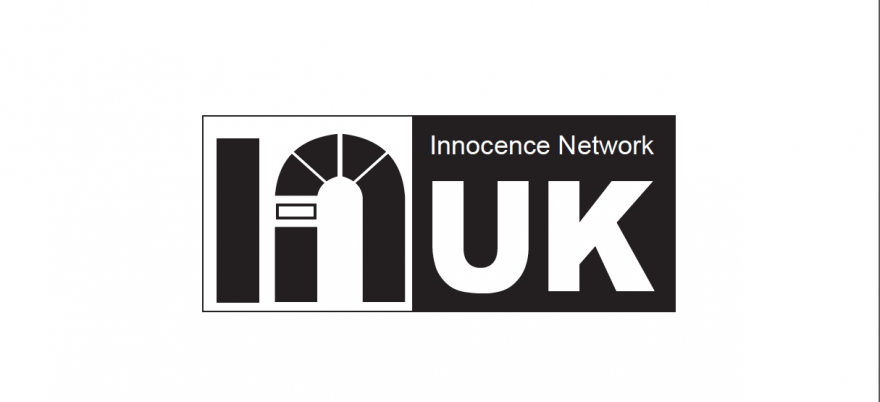In December 2014, a group of law students and lecturers from the University of Cardiff successfully overturned the murder conviction of Dwaine George, who had been sentenced to life imprisonment following the death of Daniel Dale in 2001. During the original trial, the jury determined that tiny particles of gunshot residue found on George’s jacket were enough to prove his guilt, but the Manchester teenager always maintained his innocence.
Years later, scientific research suggested that the amount of residue found on George’s clothing could no longer be considered significant enough on which to base a conviction, so the Cardiff team set about taking the case to the Court of Appeal.
Their victory highlights the ever-growing importance of Innocence Projects all over the world, with universities and legal professionals teaming up to overturn wrongful convictions – helping individuals who may not otherwise be able to afford to fight their case. However, with the government’s recent cuts to legal aid putting the UK’s justice system under increasing pressure, the future of such pro bono work hangs in the balance.
Innocence Network UK
Dr Michael Naughton, Reader in Sociology and Law at the University of Bristol, founded the Innocence Network UK (INUK) in 2004. It was established to consolidate academic research in helping overturn wrongful convictions, with the ultimate aim being to resolve miscarriages of justice.
A statement on their website reads: “Put simply, there are many known causes of wrongful convictions to which innocent individuals can fall prey, both intentional and unintentional. However, neither the criminal appeals system nor the Criminal Cases Review Commission (CCRC) can guarantee that all innocent victims of wrongful convictions will have their convictions overturned. In consequence, innocent people can languish in prison and some may never be released.”
INUK became an umbrella organisation, facilitating 36 member innocence projects in the UK – including Cardiff’s – but in 2014 the decision was taken to revert to an independent body, focusing on research and public engagement on wrongful convictions.
To date, successes include 11 cases being referred to the CCRC, and Dr Naughton’s research influencing reforms to Prison Service Order PSO 4700 – which acknowledge that prisoners maintaining innocence might actually be innocent, rather than ‘in denial’.
Previously, it had been difficult to undergo rehabilitation in the eyes of the law, with many prisoners facing the dilemma of admitting to crimes they had not committed in order to go through the steps for parole.
Supreme Court support for re-examining DNA evidence
In June 2014, the Supreme Court ruled that groups such as INUK can now request access to evidence from cases which have failed on appeal. The new ruling means reports and items from crime scenes can be tested, re-tested and reviewed by DNA experts. If new evidence comes to light, strengthened applications can then be made to the CCRC, and convictions may ultimately be overturned.
Dr Naughton commented: “The importance of this judgement cannot be overstated…The new revision of the Attorney-General’s Guidelines will enable solicitors and innocence projects to give their clients a better chance of having their cases referred back to the Court of Appeal and, ultimately, of achieving justice.”
Legal Aid
Innocence Projects are doing all they can to paper over cracks in the overstretched and underfunded system, but there are only so many cases teams of students can take on. The fight to save legal aid is an important one, as the numbers of wrongful convictions will likely increase without it.
For the family of Daniel Dale, the fight for justice goes on, much as it does for those serving time for crimes they did not commit.
DNA Legal are often asked to review cases and provide expert witness reports. If your client requires our services, please get in touch or call 0203 4243 470.

